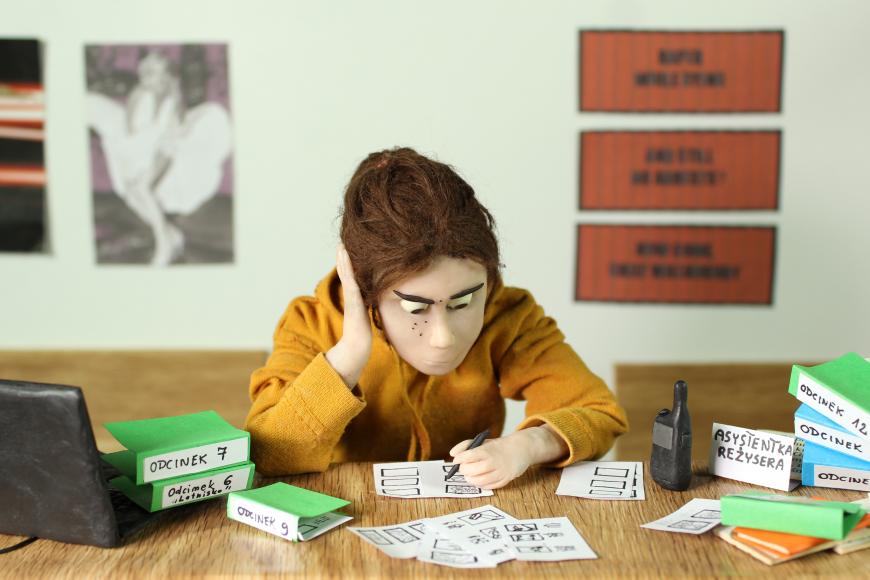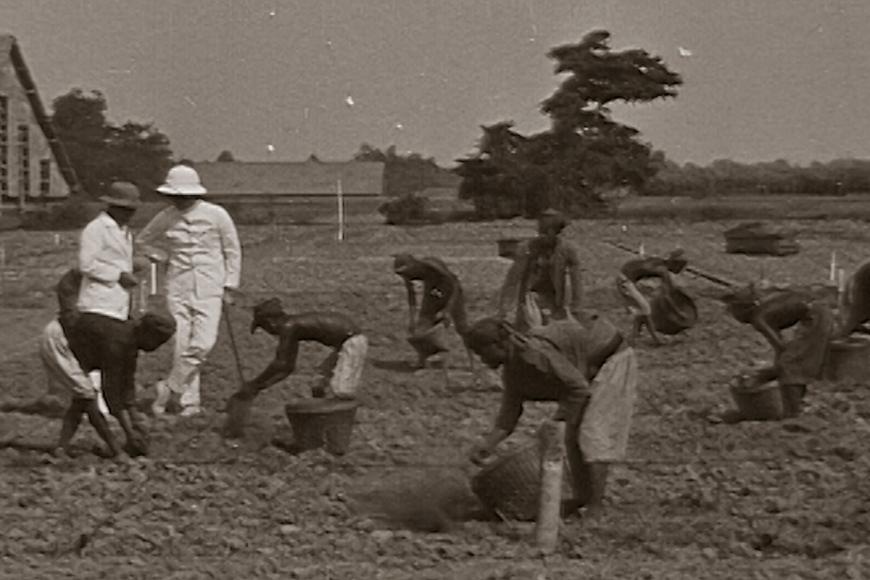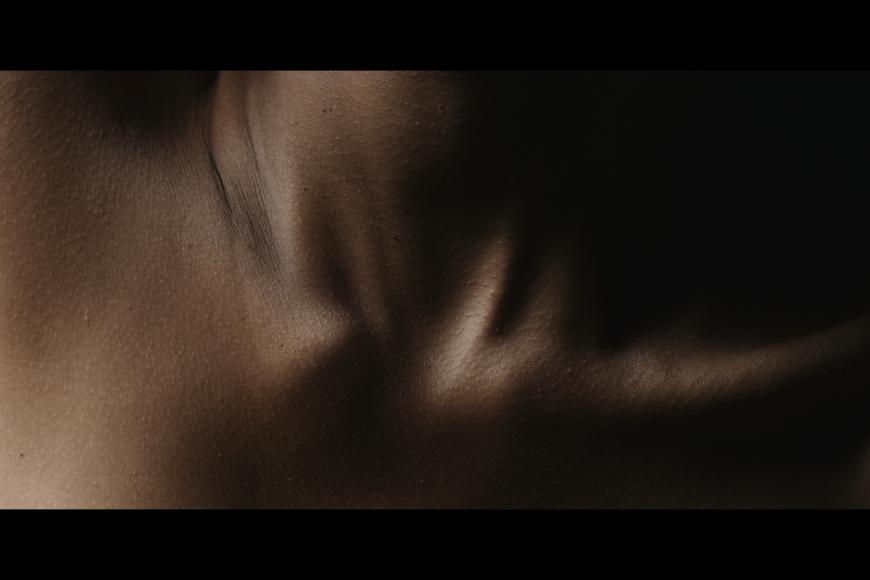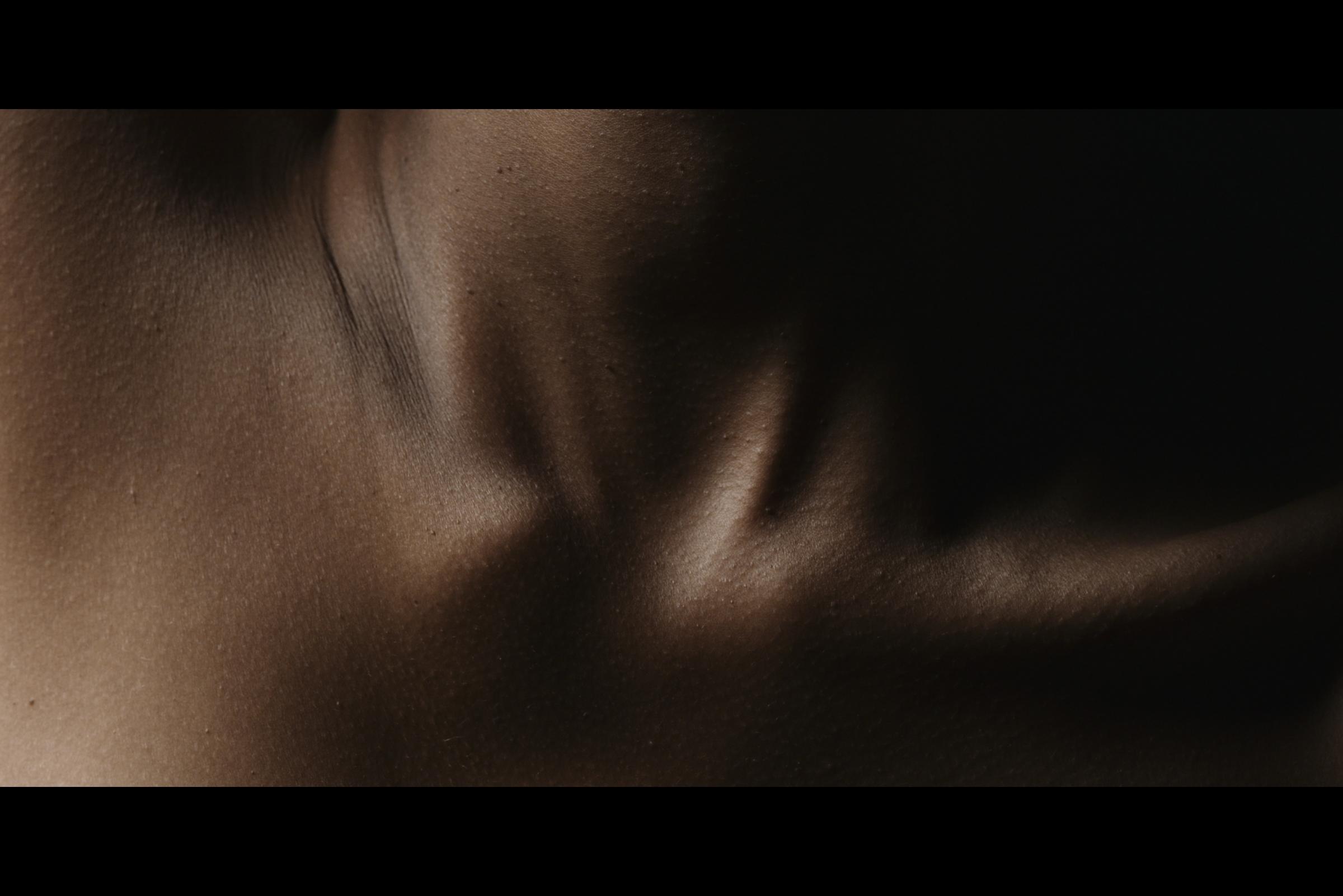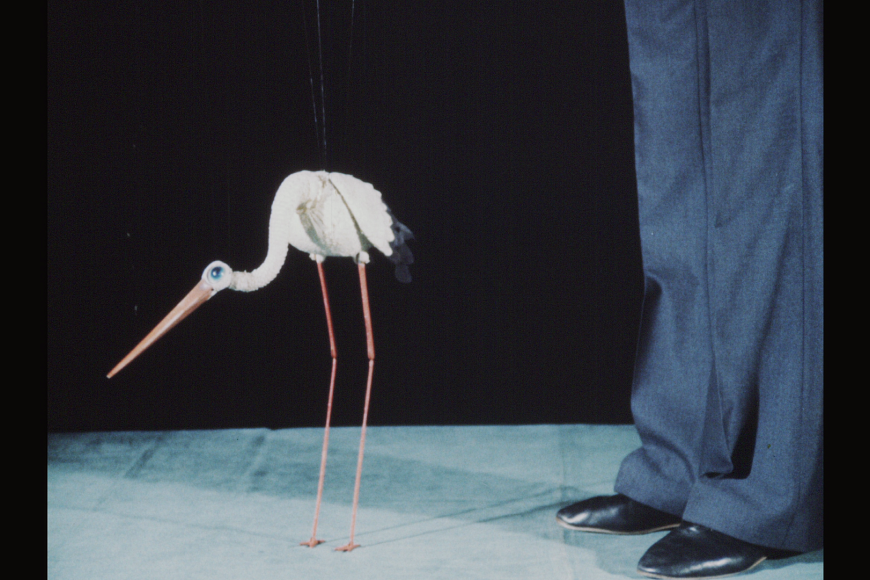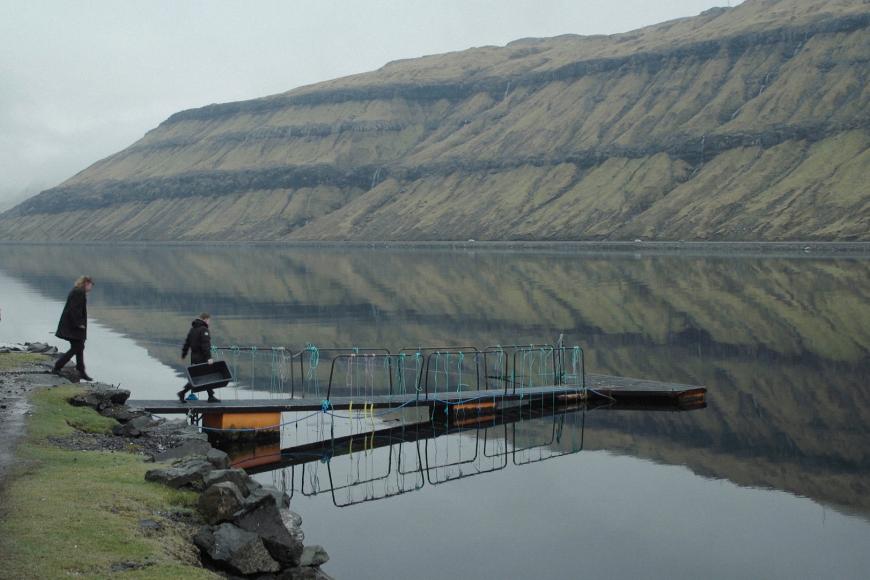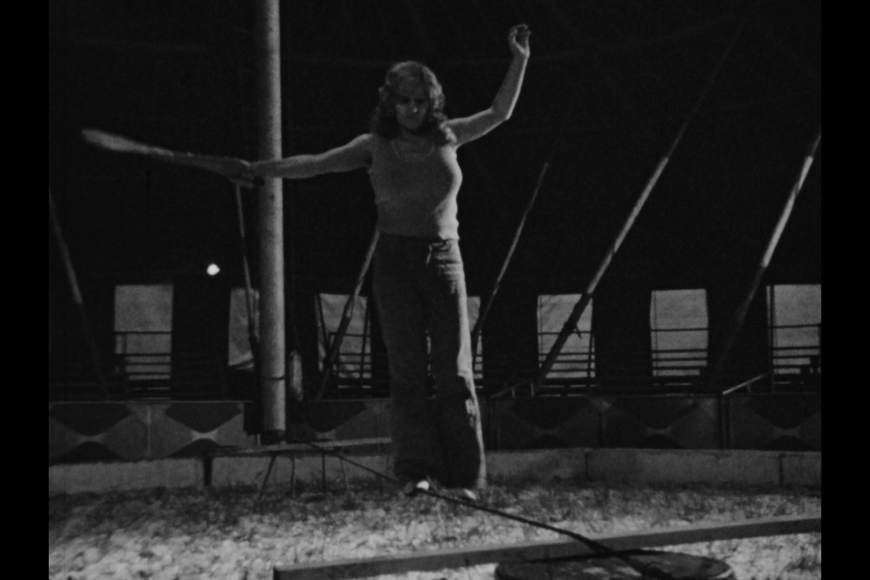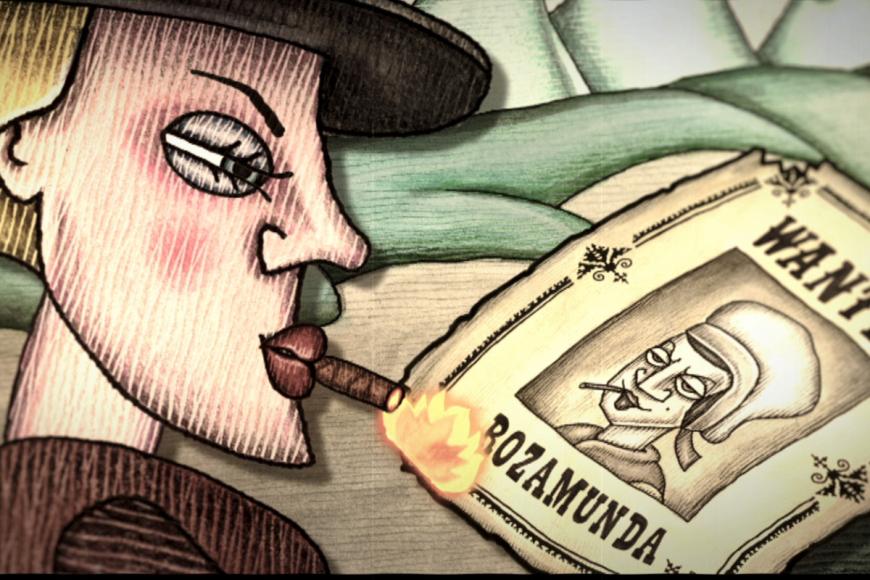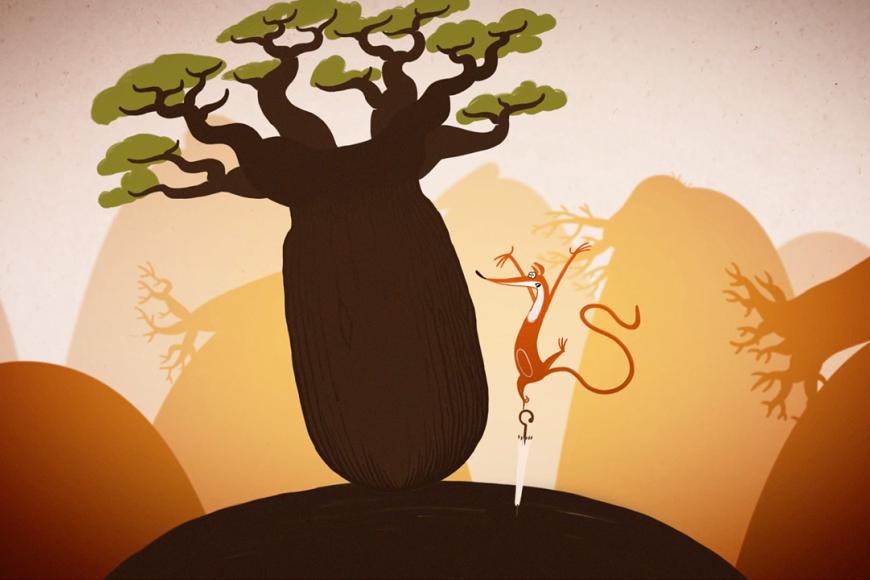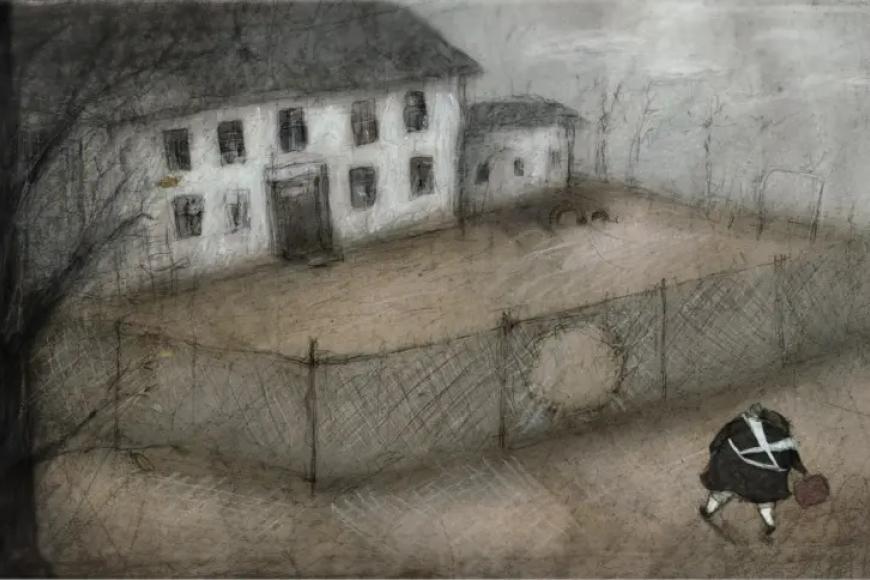
The Wound
A girl affected by ostracism angrily creates a little demon that is to follow her forever from now on, comforting her in moments of disappointment, but also keeping her locked in her loneliness. In Budanova’s beautiful animation, mental pain takes the shape of an identity figure that seems impossible to get rid of.

